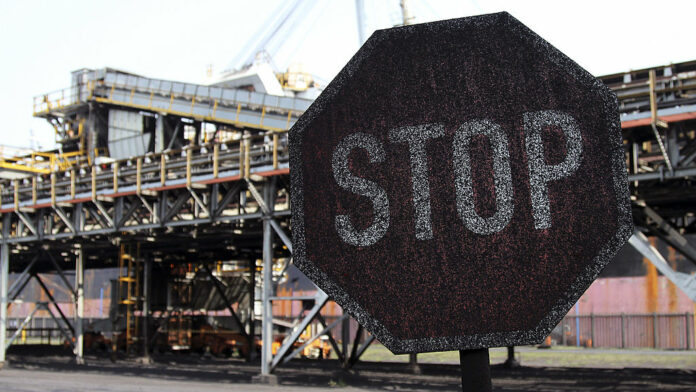
GLENCORE said today it would retain its coal assets, which include the newly acquired metallurgical coal of Elk Valley Resources (EVR), rather than demerge them as previously proposed.
This decision followed discussions with shareholders who expressed a preference for keeping the cash generated from coal production within the group, said Glencore. In addition, “numerous shareholders” “expressed scepticism” regarding the scale of the valuation uplift from the remaining assets (MetalsCo), it added.
“Following extensive consultation with our shareholders, whose views were very clear, and our own analysis, the board believes retention offers the lowest risk pathway to create value for Glencore shareholders today,” said Kalidas Madhavpeddi, chairman of Glencore in a statement with the group’s half year results announcement.
“The expected cash generative capacity of the coal and carbon steel materials business significantly enhances the quality of our portfolio, by commodity and geography, and broadens our ability to fund our strong portfolio of copper growth options as well as accelerate shareholder returns,” he said.
Glencore said that by retaining coal production it would be better able to finance its pipeline of transition minerals projects, especially more copper. About two thirds of shareholders were consulted.
One consequence of shelving the demerger is that Glencore will return its net debt cap to $10bn after previously undertaking to reduce it to $5bn.
Glencore produced about 110 million tons (Mt) of mostly thermal coal last year. The addition of its 77% stake in EVR will boost output to about 130Mt annually.
The decision to retain coal within the group is no great surprise especially after 90% of shareholders approved Glencore’s Climate Action Transition Plan (CATP) at its annual general meeting in May.
Glencore reported an interim net loss of $233m for the six months ended June after recognising impairment charges of $1bn, largely on its shuttered Koniambo nickel assets in New Caledonia, and a write-down ($611m) on South African coal related to the country’s rail infrastructure constraints and lower expected coal prices. A further $700m of additional “significant items” were registered.
On an Ebitda level, Glencore reported a 33% year-on-year decline of $6.3bn. Glencore’s ‘industrial division’ reported a 39% decline in Ebit for the year owing to lower earnings from coal where prices had normalised, and lower cobalt and nickel prices. Earnings from marketing were 16% lower year-on-year ($1.5bn), described by Glencore CEO Gary Nagle as “very pleasing”.
A consequence of the adjusted net debt cap of $10bn is there is a greater likelihood of Glencore applying its top-up dividend policy. In terms of this policy, Glencore must first meet its debt target levels which for the remainder of the year will require deleveraging of only $300m compared to about $5.3bn under the original demerger scenario.
The current cash flow outlook “augers well for potential top-up shareholder returns, above our base cash distribution, in February 2025”, said Nagle. “By year end, we expect adjusted net debt to fall to $6-7bn,” said Deutsche Bank in a report today.
Net debt as of June 30 stood at $3.6bn with second half outflows of $6.9bn for the EVR acquisition expected and a further $800m in the second tranche of dividends due.











